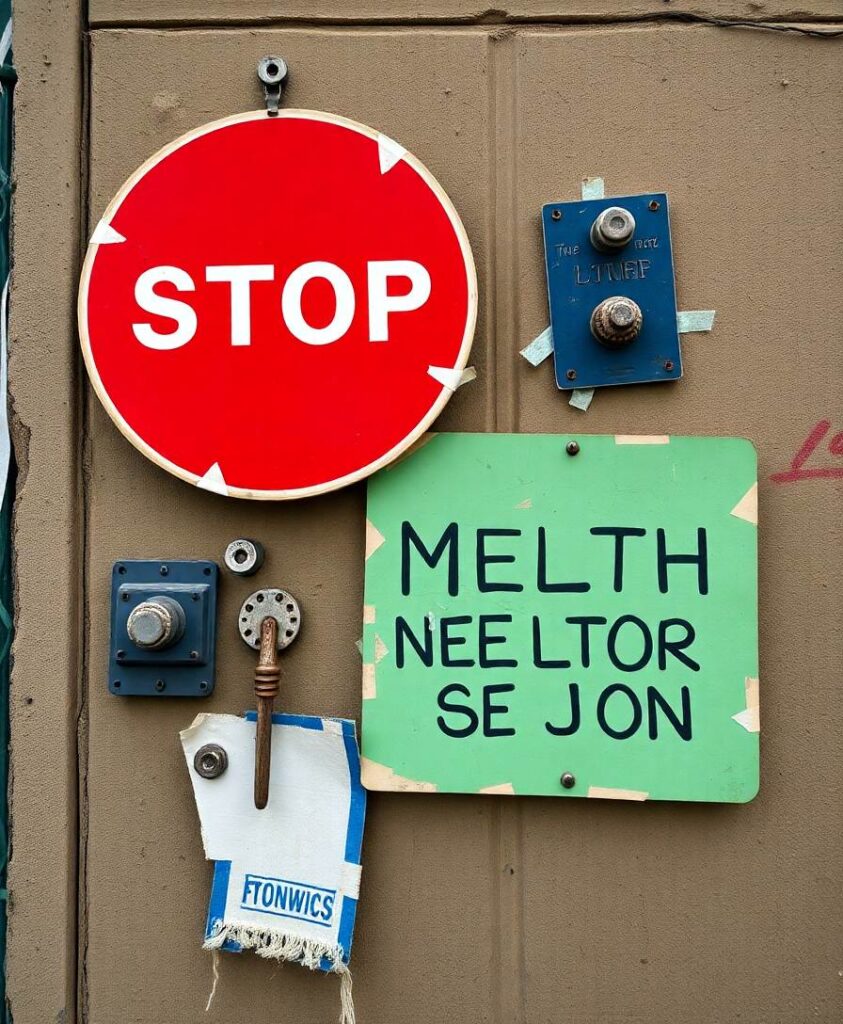Let’s cut through the noise—this isn’t just about policy shifts or bureaucratic red tape. It’s about the very fabric of our communities fraying at the edges, about the women who depend on these clinics for more than just health,they seek a sanctuary of support, a place where their potential isn’t limited by their zip code, their income, or the policies that threaten to shut doors in their faces.
When Planned Parenthood locations in Washington, D.C., and Colorado announce they will no longer accept Medicaid, it rings out as a clarion call,an alarm that we must listen to. These clinics aren’t just healthcare providers; they are pillars of resilience, bastions of hope that empower women to take control of their reproductive health. But policies that restrict Medicaid acceptance threaten to turn these sanctuaries into inaccessible fortresses—barriers that silence voices, diminish choices, and undermine the strength of entire communities.
How losing Medicaid acceptance at clinics affects women’s access to reproductive health care
Medicaid is more than a government program; it is a lifeline for countless women navigating economic hardship, geographic isolation, and systemic inequities. When clinics decide to stop accepting Medicaid, it’s as if the safety net is being pulled away,step by step, thread by thread. Women who rely on this coverage for contraception, preventive screenings, or urgent care face longer journeys, higher costs, and mounting frustration.
Consider a woman in a rural community,her local clinic once a beacon of accessible care. Now, with Medicaid no longer accepted, she’s forced to make a choice: travel hours to reach a clinic that does accept it, or skip her appointment altogether. This isn’t just inconvenient; it’s dangerous. Preventive care gets postponed, health issues escalate, and her emotional well-being takes a hit. It’s like trying to hold a fragile balloon underwater,pressure builds, and eventually, something’s got to give.
This isn’t merely about individual health; it’s about community resilience. When women can’t access affordable reproductive care, their ability to plan their futures,whether that means supporting a family, advancing a career, or simply living with dignity,is compromised. These clinics serve as gateways to potential, and when they close their doors to Medicaid recipients, they close opportunities for growth and empowerment.
Why policy decisions like this impact women’s reproductive rights and community strength
Every policy that chips away at affordable healthcare isn’t just a political move,it’s a statement about what society truly values. When clinics stop accepting Medicaid, it’s akin to a safety net being frayed—fragile and prone to tearing entirely. These clinics are more than healthcare providers; they’re spaces of refuge, places where women find strength, hope, and a voice.
Disparities widen when access shrinks. Women who can’t get the care they need become emotionally strained, less able to pursue their dreams, and less likely to nurture future generations. That’s a collective loss—our community’s potential dimmed because we allowed barriers to grow. When women thrive, society thrives. When reproductive rights are compromised, resilience falters.
Think about it: access to reproductive health isn’t just about medicine; it’s about unlocking human potential. When women can plan pregnancies, get screenings, and stay healthy without financial fear, they’re empowered to build lives on their terms. Policies that restrict Medicaid acceptance threaten to smother that potential, making it harder for women to succeed and, by extension, making our communities less resilient overall.
How protecting reproductive health care fuels human potential
Access to comprehensive reproductive health care is a catalyst for human flourishing. It’s the spark that ignites dreams, propels careers, and nurtures families. When women can easily access contraception, screenings, and care, they step into their power,confident, capable, and resilient.

The policymakers who are removing Medicaid from these clinics hold the keys to hope—they are guardians of future generations, builders of communities. Every obstacle they put in the way of women’s health is a barrier to collective human potential. We must remember that supporting policies that uphold health equity isn’t just about legislation; it’s about nurturing the very spirit that drives society forward.
When access to reproductive health remains open and affordable, it creates a ripple of growth,resilience building in every corner of society. It’s about creating a world where every woman, regardless of circumstance, has the opportunity to thrive. This isn’t just idealism; it’s necessity. Because the strength of our communities depends on the health and empowerment of women at their core.
While the road ahead may seem uncertain, one truth remains undeniable: access to reproductive health care fuels human potential. When policies threaten that access, we all feel the pinch. But when we stand together,demanding equitable care, defending women’s health rights, and refusing to accept barriers,we are weaving a stronger, more vibrant fabric of society. A future where everyone has the chance to flourish is within our grasp,if we fight for it.
Learn More: Planned Parenthood Locations Stop Taking Medicaid
Abstract: In the quiet corners of our cities, places where hope and health intertwine, there’s a ripple of change that feels almost like a storm breaking. Planned Parenthood locations in Washington, D.C., and Colorado have recently sent a message that echoes far beyond the walls of their clinics: they can no longer accept Medicaid coverage for care, a consequence of recent legislative shifts driven by the One Big Beautiful Bill Act. This is more than just a policy update; it’s a profound reminder of how the fabric of community health can be frayed by the threads of political decisions.
Link: Read Full Article (External Site)

